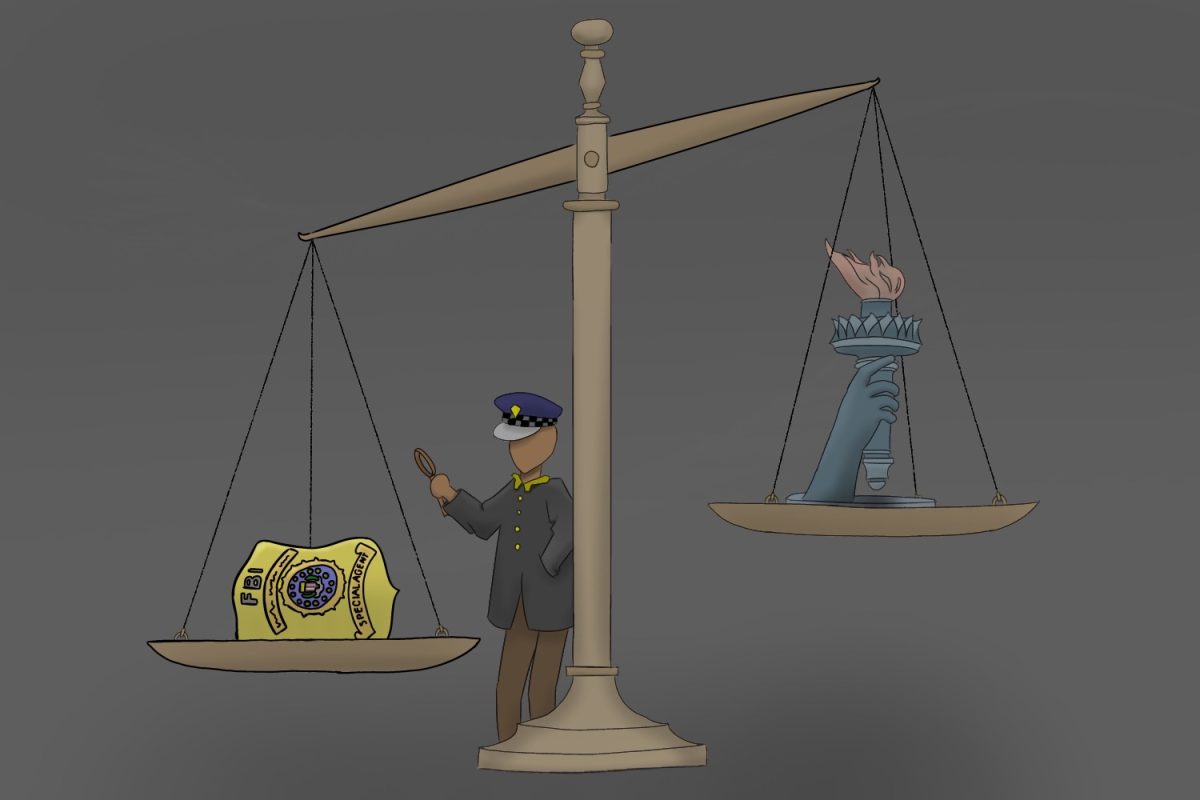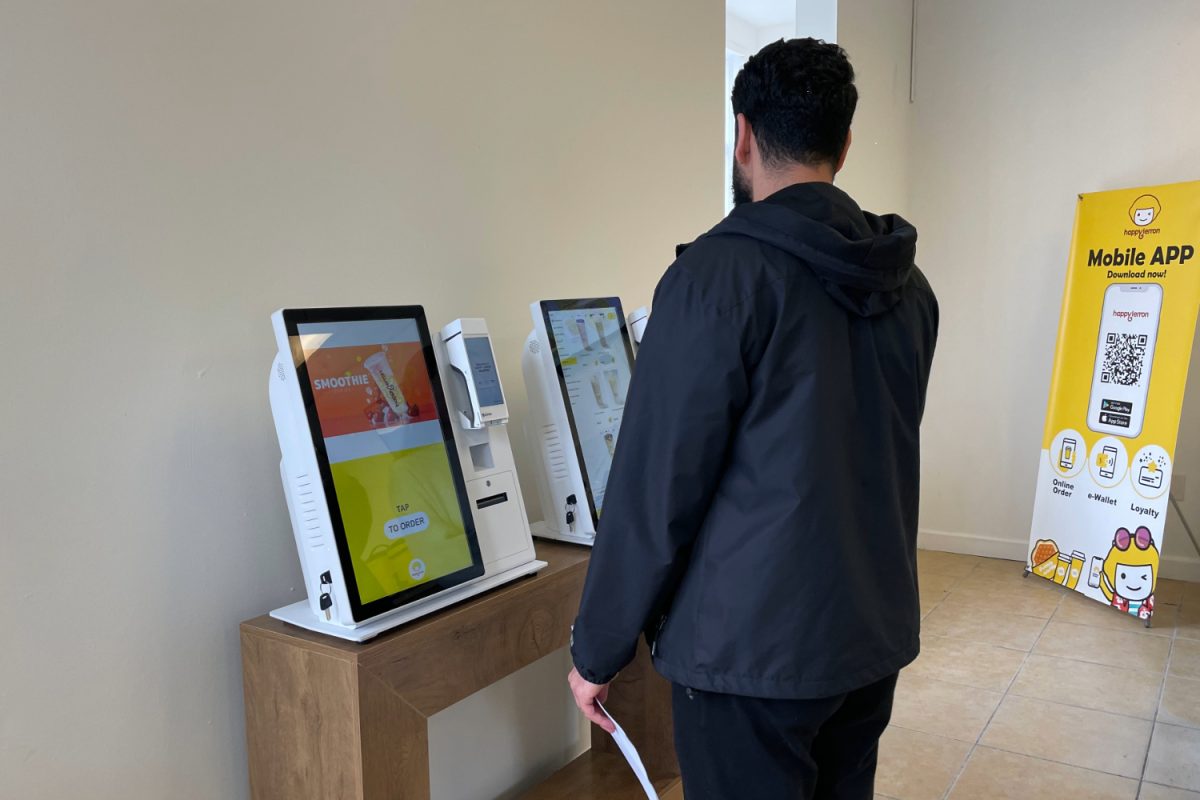By collecting phone calls, text messages, and emails, U.S. agencies stop terrorism before it happens.
Yet in the shadow of 9/11, a decades-long controversy has been reignited with the Foreign Intelligence Surveillance Act (FISA) Reforming Intelligence and Securing America Act (RISA).
As a continued series of surveillance legislations after 9/11, the original FISA Section 702 allowed agencies to collect communications to combat foreign enemies, created after the 2008 expiration of the USA Patriot Act, the original legislation created in response to 9/11.
“The RISA Act will bring meaningful change to surveillance operations that protects us against adversarial threats in addition to safeguarding our civil liberties,” said Florida Congresswoman Laurel Lee.
While the original FISA Section 702 allowed intelligence agencies to query internet service providers and national databases for information, the new RISA Act has amended the section to address concerns about abuses and loopholes, particularly concerning the Federal Bureau of Investigation (FBI) and domestic queries.
“I don’t really see the point in making these kinds of things legal. Intelligence agencies have already been doing this illegally for a long time, let’s be real,” said Dmitri Menchtchikov, a sophomore at Carlmont High School.
The FBI maintains that Section 702 is “invaluable in protecting Americans,” writing that without it, they would be “unable to plug a critical intelligence gap” in a 2023 self-investigation report sent to members of Congress and the U.S. House of Representatives.
“Law enforcement should have all the data it can to do what it needs to do. The more information we have, the better we can serve,” said Jadie Sun, a programming teacher at Carlmont High School.
However, numerous organizations have still raised concerns about the broad context allowed by the new RISA Act such as the Center for Strategic & International Studies and the Center for Democracy and Technology.
In addition to FISA-obtainable data, agencies purchase less-available data from companies willing to sell it.
Under the RISA Act, which passed into law this month, the Central Intelligence Agency (CIA) and National Security Agency (NSA) are allowed to collect data on Americans as long as they obtain a warrant denoting the surveillance’s “significant purpose” is to obtain intelligence on “foreign powers”
The FBI is able to query communications without a warrant, but the amendment now requires certain FBI officials and employees to approve requests for information.
In the first half of 2023, Section 702 was the basis for 97% of the FBI’s raw technical reports on “malicious cyber actors,” raising many concerns about the lack of typical judicial oversight for FISA actions, as this responsibility falls solely on the U.S. Foreign Intelligence Surveillance Court, which is closed to the public.

“I think what 9/11 taught us is that if something has a capacity for misuse and it’s not well-regulated, it’s going to be misused. That extends to many things,” Menchtchikov said.
Dismay against Section 702 has not only been domestic, however. In 2023, a coalition of Asian-American and Pacific Islander groups cooperated on a letter advocating against Section 702
Despite being almost an entire generation ago, Americans still place great importance on counterterrorism — according to Pew Research, 74% of Americans still believe terrorism is a high priority for the country. The last time that number was this high was after the 9/11 attacks.
“Young people, the new generation, they think very in-the-moment. ‘People are dying today and we need to stop that.’ I get it, but when you’re focusing on those issues, nobody’s worrying about the other ones,” Ms. Sun said.
Despite all the controversy, FISA is not without results. In 2022, Section 702 allowed the U.S. to eliminate Hajji ‘Abdallah, the leader of the Islamic State of Iraq and Syria (ISIS). Later that year, Section 702 data also allowed the U.S. to identify where hackers from China had been able to compromise infrastructure, and in 2021 FISA also assisted in finding the hacker behind the ransomware attack on Colonial Pipeline.
Even with reforms like the RISA Act, Sun believes the U.S. won’t change in any major way in terms of privacy.
“Nonetheless, there are continued needs to review, analyze, and make additional improvements and safeguards to ensure that we don’t continue seeing these abuses,” Lee said.












